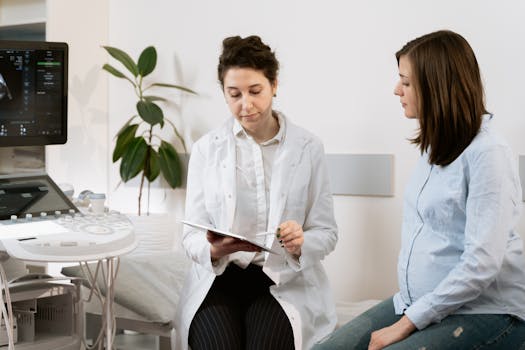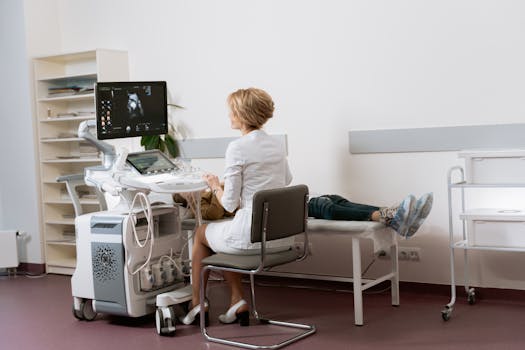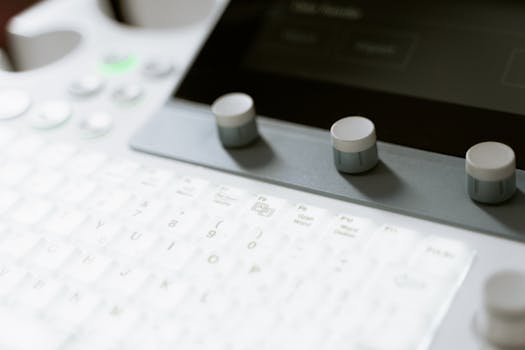You will need a degree in a relevant subject like:
- radiography
- midwifery
- nursing
- science
- health science
You must also complete a postgraduate certificate or a postgraduate diploma in medical or clinical ultrasound, recognised by the Consortium for the Accreditation of Sonographic Education (CASE).
The course is a mix of study and practice, so you will need to have an agreed placement in an approved setting.
Some universities offer a master's course in medical ultrasound as part of a medicine degree.
Entry requirements
You'll usually need:
- 2 to 3 A levels, or equivalent, for a degree
- a degree in a relevant subject for postgraduate study





